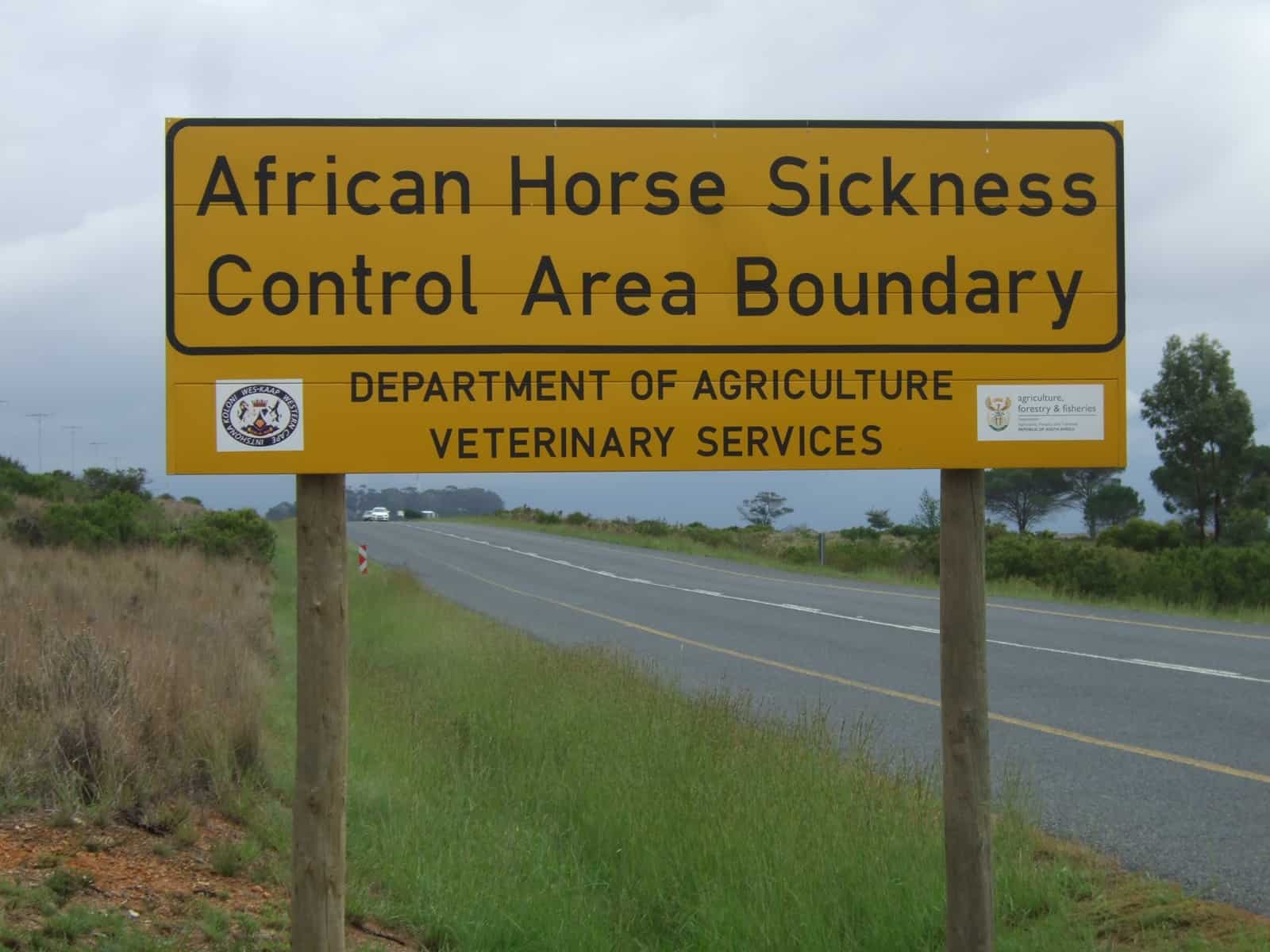Study: African Horse Sickness Test Reproducible According to Stringent OIE Standards

The World Organisation for Animal Health (OIE) hopes to help to stop the spread of the African horse sickness (AHS), a deadly disease of horses, donkeys, and mules. It is an OIE-listed disease and is one of the six animal diseases that the OIE includes in its procedure for official recognition of a country’s disease‐free or risk status.
Spread by biting midges, AHS has a mortality rate of up to 90%. As such, containing it from further spread is essential. A key element in determining if AHS virus has been or is circulating in an equine population is blood testing; this helps veterinarians and reseaarchers ascertain which horses—and which countries—have been exposed to the virus. The blood test used must meet extremely high standards for sensitivity and specificity, and it must be implemented and results interpreted stringently and verified in a rigorous, multiple step process, said Javier Castillo-Olivares, LV, MSc, PhD, MRCVS, a vaccinology research scientist in the University of Cambridge Department of Veterinary Medicine, and visiting reader in vaccinology in the University of Surrey School of Veterinary Medicine Faculty of Health & Medical Sciences, in Guildford, both in the U.K.
Castillo-Olivares led an international consortium of laboratories with the aim of validating an AHS ELISA (enzyme-linked immunosorbent assay) blood test in a study supported by the International Horse Sports Confederation, which is engaged in a public-private partnership with the OIE
Create a free account with TheHorse.com to view this content.
TheHorse.com is home to thousands of free articles about horse health care. In order to access some of our exclusive free content, you must be signed into TheHorse.com.
Start your free account today!
Already have an account?
and continue reading.

Written by:
Christa Lesté-Lasserre, MA
Related Articles
Stay on top of the most recent Horse Health news with











